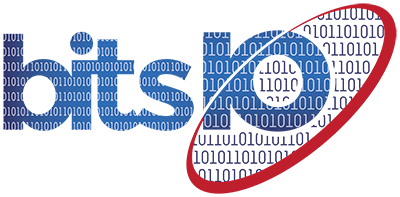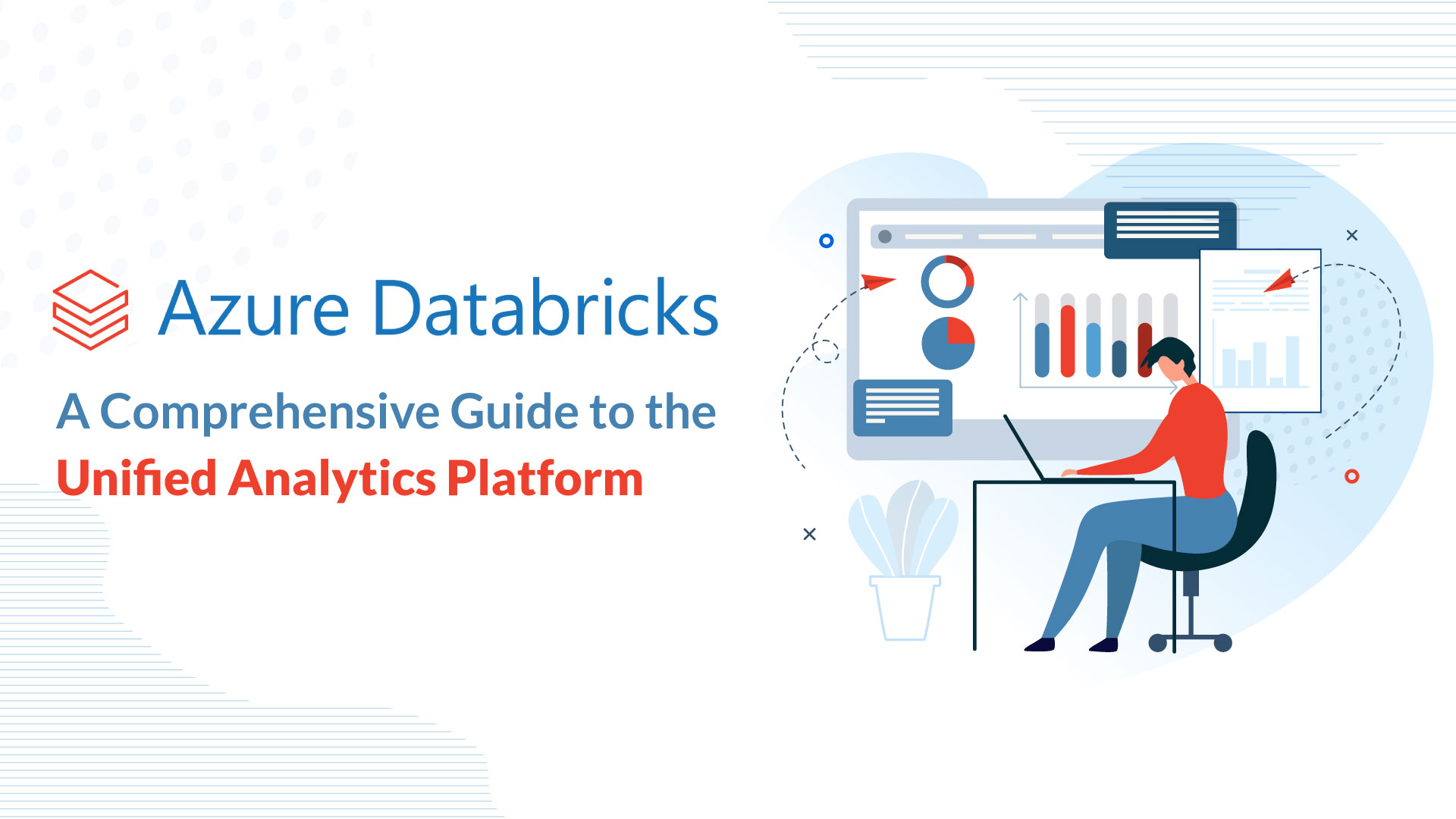Our blog
What Is Splunk Used For?

Building your digital resilience is vital in a world where it’s getting increasingly hard to predict where your next threat will emerge from. In such challenging times, Splunk offers an unparalleled solution that enables you to strengthen your cyber resilience far beyond what you could imagine.
It is an excellent data analysis tool that proactively rather than reactively reduces risks and maintains the reliability and security of your systems.
In this piece, we will cover the following:
- What is Splunk?
- Who is Splunk for?
- What does Splunk do?
- Why should your business use Splunk?
- Get started with Splunk implementation today.
If you are wondering what Splunk is used for and its benefits, this article is for you. Through this informative read, we hope to help you understand what you can achieve for your business by diving into your data.
What Is Splunk?
Splunk is a software platform named after the term ‘Spelunking’, which refers to the activity of cave exploration. It allows enterprises to dive into and derive invaluable intelligence from their data to avoid security events, enhance operational efficiency, drive better decision-making, and curb costs.
It is a robust software that can search, monitor, analyze, and troubleshoot significant issues before they cause serious harm to your organizational servers, networks, and applications. A key benefit of Splunk is that it can quickly identify and address the root cause of events such that they are immediately solved and don’t recur in the future.
Its ability to rapidly scan, process, and manage large volumes of semi-structured, structured, and unstructured business data from any source using real-time stream processing is one of the primary benefits of Splunk.
Once it acquires such data from all prescribed sources, It makes it searchable by indexing and correlating it into a container. Moreover, the indexed data enables the business to generate invaluable intelligence through glass table views, including dashboards, reports, alerts, and visualizations that reflect your workflows.
Splunk visualizations are readily available to users through its robust glass table visual analytics frameworks. Although Splunks’ prebuilt visuals come with essential KPIs that help you assess the impact of critical metrics such as access, DNS, threat activity, malware, identity, web data, performance, SSL, and many more, you are not limited to them.
You can customize your visualizations with metrics more relevant to your enterprise requirements. By customizing your dash to perform correlation, critical security metrics, and ad-hoc searches from your dashboard, you increase the efficiency of your detection, investigation, and response sequences.
Many enterprises also find that upholding compliance is another significant advantage of Splunk. You can create personalized dash views for your compliance officer, SOC analysts, CISOs, and more that transparently depict information most relevant to them. Such a level of internal controls and visibility for your data dramatically speeds up investigation and remediation.
Ultimately, Splunk’s user-friendly and intuitive UI makes it a breeze for security teams to fully comprehend the daily threats and risks facing their business environment. These benefits of Splunk are but a few among its vast use cases across numerous industries.
Who Is Splunk For?
In a 2021 survey, 16% of traditional SMEs, 20% of tech-focused SMEs, and 28% of enterprises indicated that keeping up with threats to data security was one of their leading IT operational challenges.
Such concerns place considerable stress on IT operation experts expected to uphold round-the-clock data security, operational uptime, and business continuity regardless of the issues they frequently face.
Splunk helps these teams work seamlessly with unstructured and structured data to exploit its raw potential. The platform works on the principle that the key to detecting and remediating problems with accelerated execution times and reduced operational disruptions and shutdowns lies within a business’s rich data.
The question of what Splunk is used for can be best answered by the IT departments of businesses worldwide that are actively benefiting from its ability to analyze data like never before, solve problems quickly, perform predictive maintenance, anticipate failures, and provide the best end-customer service experience.
If your IT operations find it a constant challenge to maintain business continuity, then Splunk is the best solution for you.
What Does Splunk Do?
The benefits of Splunk are rapidly gaining notice across a growing list of industries daily that have found niche uses of the software to suit their unique needs. Here are some examples of popular industrial use cases of Splunk.
Splunk For IT
Splunk is a vertical software for the IT industry that optimizes and secures business IT Ops and addresses its unique individual needs. It uses company data and machine learning to proactively solve all your underlying technical issues. Once these issues are identified, Splunk evaluates and remediates them, averting potential IT operational disruptions.
Furthermore, it allows businesses to eliminate siloed data through its log management services, allowing your IT technologies to function more optimally. By making the data more searchable, Splunk software can analyze, manage and monitor all your data sources present in the company for actionable insights and enhancement opportunities.
Splunk allows you to monitor every facet of your IT infrastructure, including its network traffic, storage, servers, containers, and databases. Through Splunk, your IT will finally be able to facilitate an efficient exchange of information between your systems as they should.
Once you implement Splunk to manage and secure your IT infrastructure, you can operate unhindered, build experiences, maximize revenue, scale efficiently, boost productivity, reduce MTTR, reduce downtimes, lower monitoring costs, strengthen your networks, and ultimately function better.
Above all, it provides you with a much-needed holistic, real-time overview of how your business IT operations are performing.
Splunk Security
As mentioned earlier, Splunk helps organizations be proactive rather than reactive. But what does this mean for your cyber security?
Imagine a circumstance where your business security has flaws and gaps you may not know. Splunks advanced security tools enable your security teams to seamlessly navigate through a vast volume of organizational data to identify threats before they become significant problems with a lasting effect throughout your entire organization.
You can program Splunk to continuously monitor and update your KPIs and glass view dashboards in real-time, providing your security team complete visibility into your security posture.
Splunk DevOps

One of the biggest challenges facing DevOps is failing to perform adequate product testing. This problem typically arises due to communication blockages between IT operations, development, and QA.
Splunk helps mitigate this and several other DevOps challenges by enhancing the searchability, accessibility, and viewability of data allowing developers to access the various types of data and resources they need from a single hub.
Streamlining data management and eliminating siloed information through Splunk can dramatically reduce your time to identify and remediate your problems. It also makes it easier for devs to understand their products better by conducting analyses, identifying issues and their impact, and devising remediation seamlessly.
Splunk streamlines DevOps to the extent that it dramatically increases the speed of software development and implementation. The most crucial benefit of Splunk in DevOps is that it enables developers to launch bug-free products.
Splunk Analytics
Splunk Analytics is also an excellent Business Analytics solution that promotes better management decision-making. It provides executives with all the information they need from multiple sources to optimize the company’s human and technological resources.
Through Splunk, top management will always have a granular view of the organization’s inner workings. Such a comprehensive view makes it easier to identify workflow inefficiencies that may lead to operational disruptions, shutdowns, and slowdowns.
Why Should Your Business Use Splunk?
Now that we have explored what Splunk is doing for other industries, let us examine how it could potentially help yours.
Simplified Management
Splunk can collect and present all data from your applications, devices, servers, and networks in one place. This data is easily searchable, viewable, and navigable, making system monitoring effortless and efficient.
Better User Experience

Its user-friendly UI enables you to seamlessly search and analyze the information you need when you need it. Additionally, you can customize your visualizations to filter and show only the information most relevant to your unique business case.
Scheduled Reporting
You can program how frequently you want the software to generate reports based on organizational requirements through Splunk’s scheduled reporting feature. You can also specify the preferred format you wish the reports to be in, the communication medium you want them to be transmitted on, and which organizational stakeholders should receive them.
Powerful Analytics

One of the most significant benefits of Splunk is that it is a robust data analytics tool. Splunk can collect, index, analyze, and visualize data from all your sources and quickly produce actional insights to enhance your business operations.
Integrations and Plugins
Splunk is a scalable solution that integrates with numerous third-party applications and tools. It doesn’t matter if your data comes from AWS, GCP, Azure, or Kubernetes; Splunk can easily plugin to the platform and get the most out of it.
Rich Developer Environment
The Splunk software and its rich API will provide all the development tools your devs need. Your developers will have complete access to all Splunk offerings designed to enhance their data management.
Get Started With Splunk Implementation Today
BitsIO is an elite Splunk implementation partner that follows updated industry protocols to ensure your Splunk environment is implemented correctly and optimized to suit your unique organizational requirements.
Our primary goal for your Splunk implementation is to maximize your investment and enable you to draw robust, actionable intelligence from your machine-generated data to enhance your decision-making and ROI.
Our end-to-end Splunk implementation service will guarantee that our Splunk experts will help every step of the way, from initial consultation to your complete adoption of a properly architected, correctly configured, and fully secured Splunk environment.
BitsIO’s Splunk training and support services can point you in the right direction toward fully optimizing your ROI. We provide a one-day Kickstart program to allow organizations to get the most out of their Splunk platform.
Through our stagewise program, we begin by analyzing your Splunk environment and then gauge your search performance and data ingest.
After this, we ensure you utilize the best searches and time stamp practices. We then create and provide a summary report, including the next steps you must take based on our findings.
In the final stage, we provide our top recommendations on leveraging Splunk to its full potential.
BitsIO can provide your business with a managed and cost-effective Splunk offering that eliminates the complexities and risks of a self-managed environment. We manage every aspect of your Splunk components and cloud environment’s infrastructure to provide real-time visibility into your enterprise’s data security.
Contact us to book your free assessment today.
Search Here
Latest Posts


